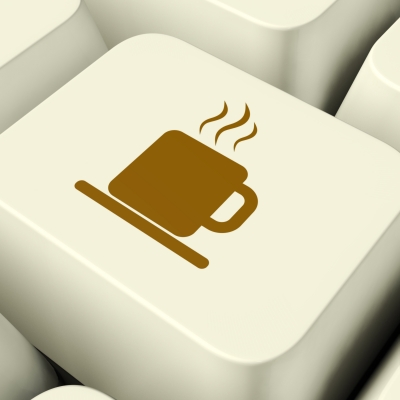
The moderators welcomed the participants and initiated a round of introductions. Clearly we’re a well-mannered crowd — everyone was careful to avoid dominating the conversation. A text chat window allowed people to share URLs or add to the debate without interrupting the current speaker.
The discussion topic was favourite technical writing tools. For many participants, a core toolkit includes Google’s extensive range of online research and collaboration services: Google search, Google Docs, and Google Books. They save hours in the library and ensure absolute accuracy by making it easier to find original source material.
Recommended tools included:
- Hemingway App. Checks the readability and complexity of your writing.
- MadCap™ Flare. Authoring, translation, and publishing of any type of technical documentation.
- TERMIUM Plus®, the Language Portal of Canada, and IATE (InterActive Terminology for Europe). Translation banks for accurate translation of technical terms for specific industries.
- Slack. A real-time messaging app that allows writers and colleagues to give and receive instant responses to questions and queries.
- Brackets. An Adobe source-code editor with a primary focus on web development.
- FlowPaper. Converts PDF files into mobile-responsive HTML5 “flipbooks” for intranets and LMS (learning management system) integration. (See an example I created earlier this year.)
- Helpstudio. A specialist HTML authoring tool similar to Robohelp that can be compiled to multiple formats for the web and PDF.
- Snagit®. Captures screen display and audio output on video, ideal for demonstrating complex software procedures. Alternative suggestions: two free applications, ShareX and Greenshot.
- Mind-mapping software tools to assist in structuring complex, hierarchical information.
The open discussion demonstrated that technical writing embraces many skills and disciplines, and that it’s important to stay connected. New technology is constantly being developed and by pooling our experience of the best tools, we can all work more efficiently to produce a best-practice, professional result.
The Tech Comm Café provides networking opportunities, job leads, answers to work-related dilemmas, and a burst of professional energy to keep you motivated. We discuss technical writing tools and techniques, career planning, portfolios, and anything else related to working as a technical communicator.
We welcome anyone who’s interested in technical communication — contractor, in-house, student, long-time tech writer, STC member, non-member, career-changer, or recruiter. We hope to see you at the next meeting!
Next Meetings
- Vancouver Tech Comm Café: Tuesday, November 13, 6:00 p.m.
- Victoria Tech Comm Café: November 7, 2018.
- Subscribe to receive email announcements of future meetings.

Dianne Volek is a consultant in corporate communication, and a specialist technical writer for clients in engineering and construction. She consults to several professional associations who publish research and set national standards for air quality, energy efficiency, and sustainability in the built environment.

I thought this informal meeting format worked well. As Dianne says above, it was aided by everyone’s minding their manners. It’s not always easy to gauge when to speak in phone meetings, but all went smoothly.